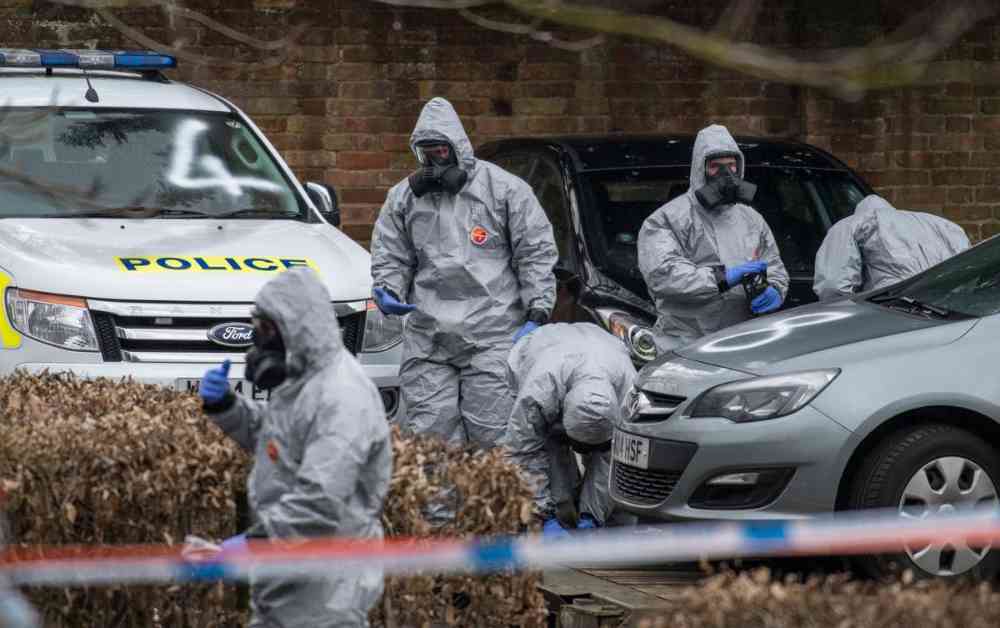The former head of UK counter-terrorism policing, Neil Basu, has raised concerns about the Salisbury poisoning of Russian double agent Sergei Skripal and his daughter, suggesting it could be seen as an “act of war” on the UK. The incident, which occurred in 2018, involved the use of a Russian-made nerve agent called Novichok, which was found in a perfume bottle that later caused the death of Dawn Sturgess in Amesbury, Wiltshire.
Basu expressed shock at the reckless disregard for human life shown by leaving such a deadly chemical weapon in a public place, emphasizing the seriousness of the situation. He also mentioned that during the initial investigation, he had considered whether the poisoning could be viewed as an act of war by Russia against Britain.
Despite naming three Russian men as suspects in the case, no one has been charged for Sturgess’s murder due to the Russian constitution’s prohibition on extraditing its citizens. Basu remains confident that the perpetrators are known and expressed willingness to make arrests if they ever leave Russian territory.
The ongoing Dawn Sturgess Inquiry, chaired by former Supreme Court judge Lord Hughes of Ombersley, aims to shed more light on the circumstances surrounding the poisoning and the involvement of the Russian spies. Both Moscow and the accused individuals have consistently denied any part in the assassination attempt on British soil.
The Salisbury poisoning incident continues to raise questions about international relations, chemical warfare, and the complexities of investigating crimes that cross national borders. As the investigation unfolds, the world watches closely to see if justice will be served and diplomatic relations between the UK and Russia will be affected.












